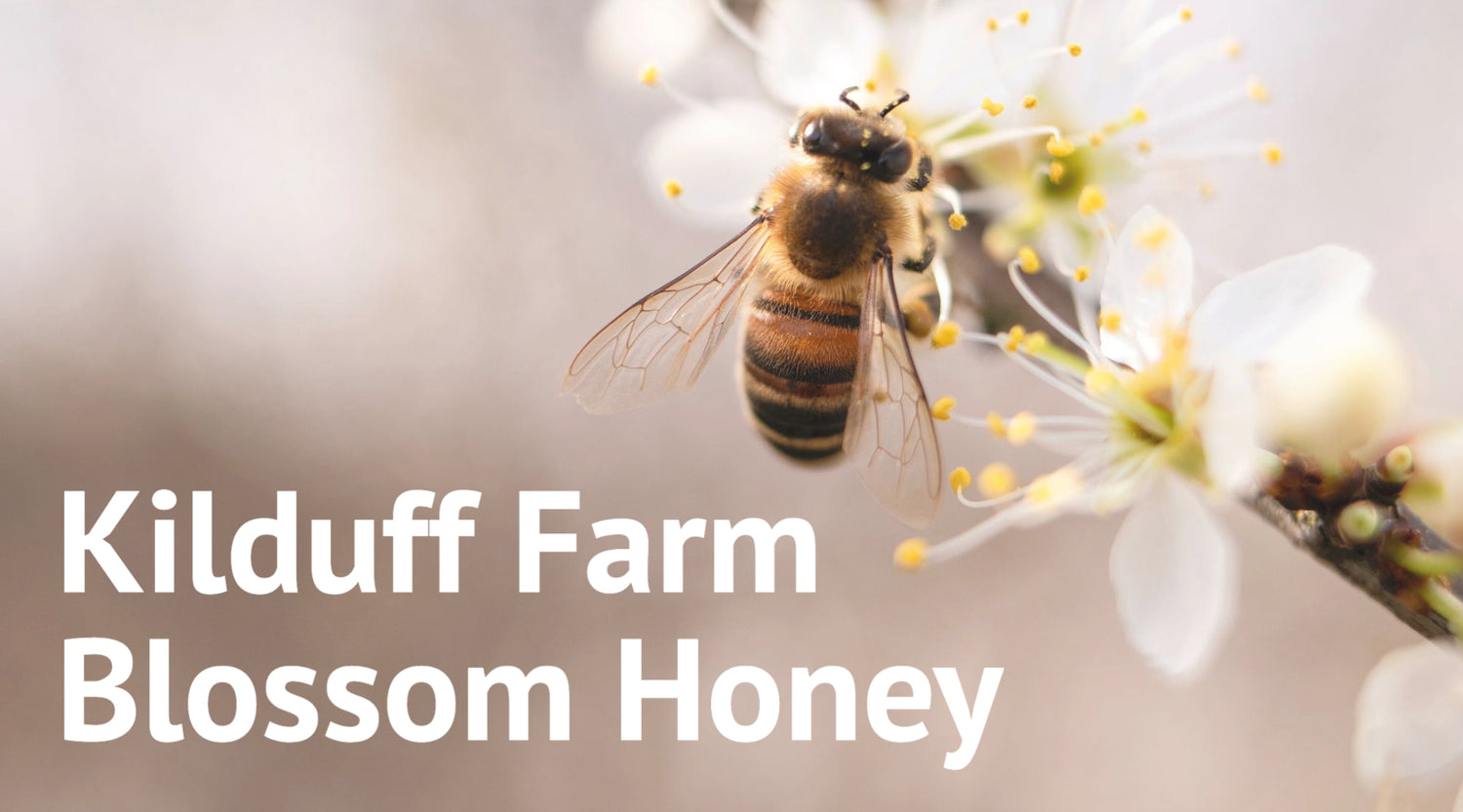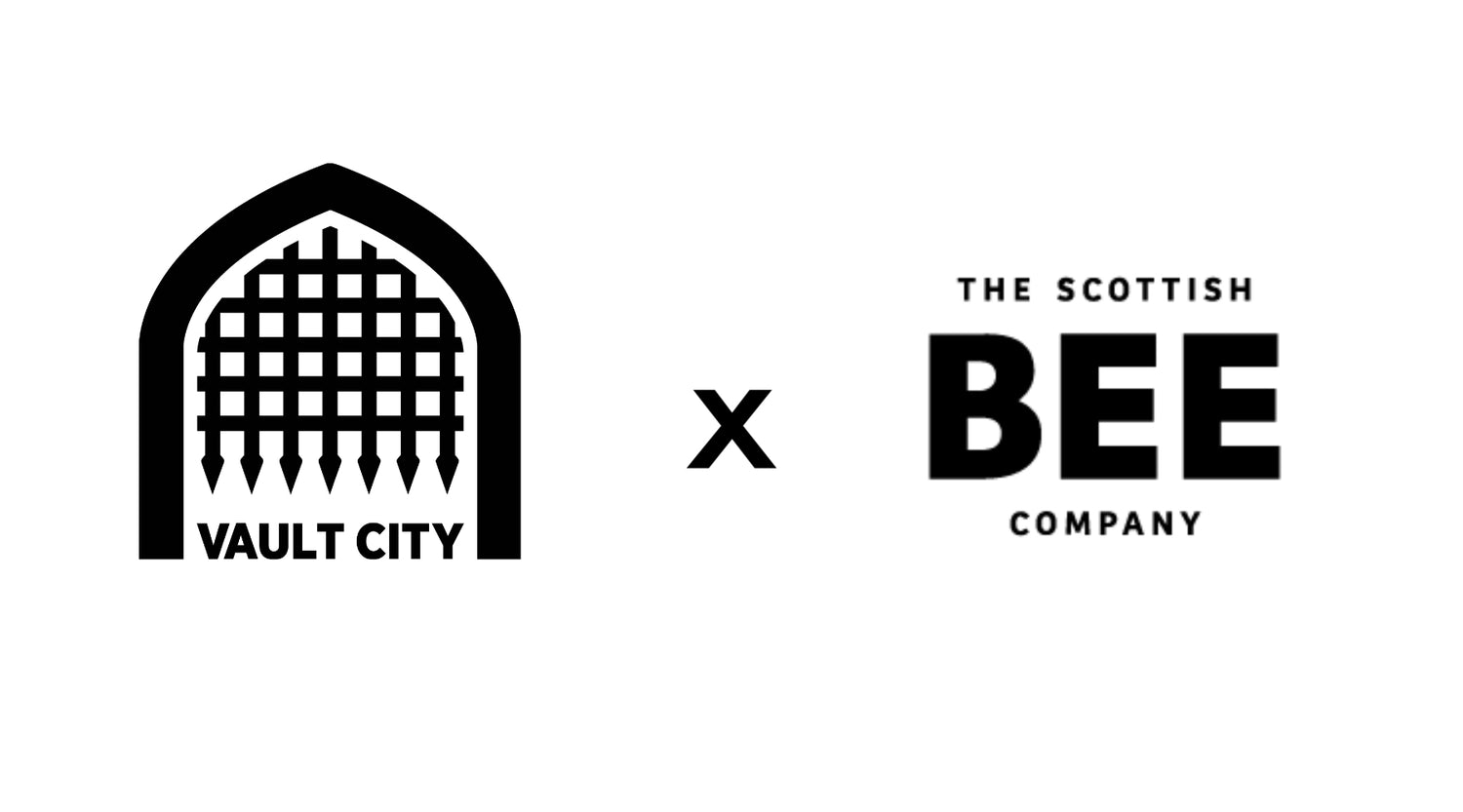One of the most asked questions on the topic of bees and honey... Why do bees make honey?
Surely they don't make it purely for us? Well the answer is no, they actually make it for themselves.
Seasonal Work
Unlike many animals that forage, bees don’t actually hibernate throughout winter. They continue working (living up to the nickname ‘busy bee’), looking for nectar to turn into honey. They have a more difficult job in winter as most of the flowers and plants are resting during the darker, colder periods, and so the pickings are slim.
The majority of the honey-bee’s work is done during Spring and Summer, where they make enough honey to survive during those bleak winter months.
Why honey? Well honey is packed full of all sorts of nutrients necessary to give bees (and humans) energy; as honey is primarily sugar it gives bees all the energy they need…and they need a lot. Did you know the average bee flies over 350 miles in it’s lifetime? And its wings don’t just work hard to carry the bee from flower to flower - Bees flap their wings to cool down the temperature of the hives, which are always buzzing with activity. All this work means they need a lot of honey reserves!
Honey Supplies
So if the bees make the honey for themselves, aren’t we stealing their food?
Well technically yes, but there is a little more to it than that. Worker bees collect honey in surplus. This means that so long as you leave enough for the colony, the extra can be taken by the beekeeper at no cost to the bees.
Understanding the needs of the colony and the environment around the colony is crucial. For the example, approximately how much honey does a colony need over winter? Will there be a gap in forage availability at any point over the summer? There is often what is known as a 'June Gap'. This is normally a two week period in early summer where there isn’t much flowering and so there’s a lack of nectar available. Bees will need stores in their hives at this time. The relationship between bee-keeper and hive is a hugely delicate one.
Bees are over achievers. They fill their hives with more honey than they can eat in their lifetimes. The timings of extracting the honey is hugely important - seasoned beekeepers know exactly when to take the honey and how much they can afford to take. Check out our blog written by our resident beekeeper here.
We’ll be introducing you to them in a later blog, but in the meantime, next time you taste the delicious golden stuff (buy some here!), raise a spoon to our yellow and black fuzzy friends who made it all possible.






